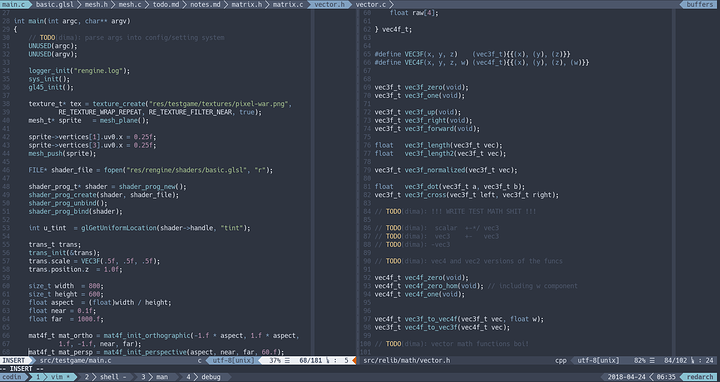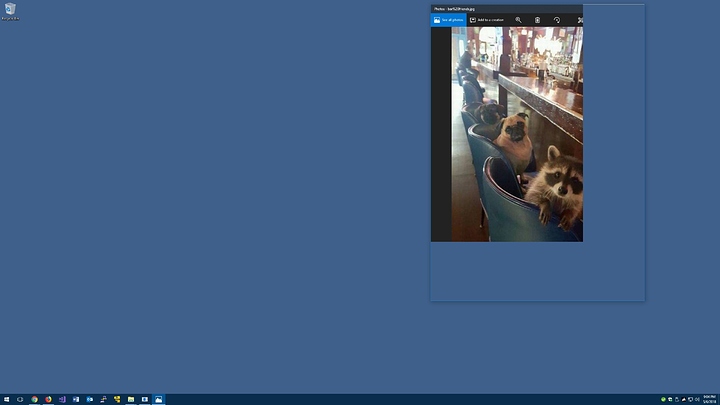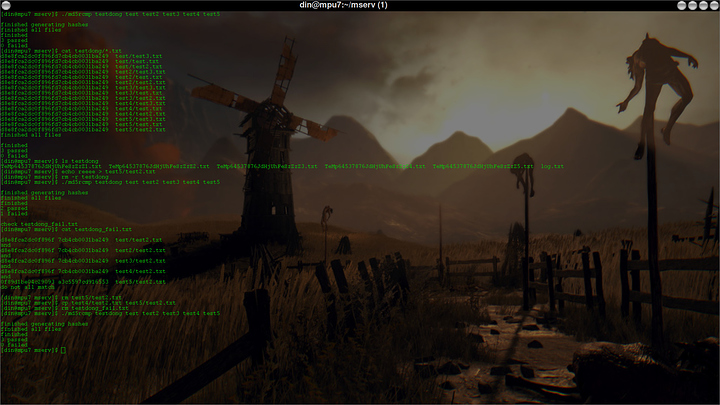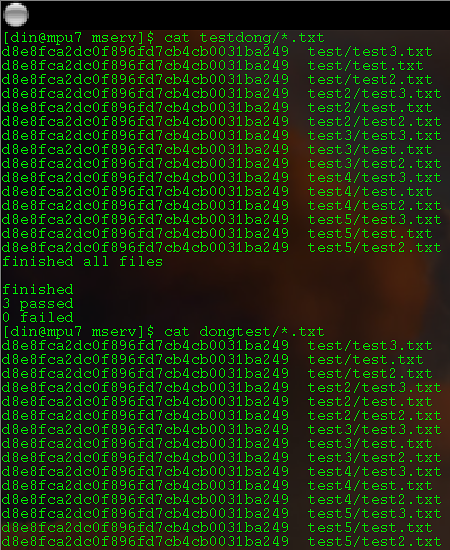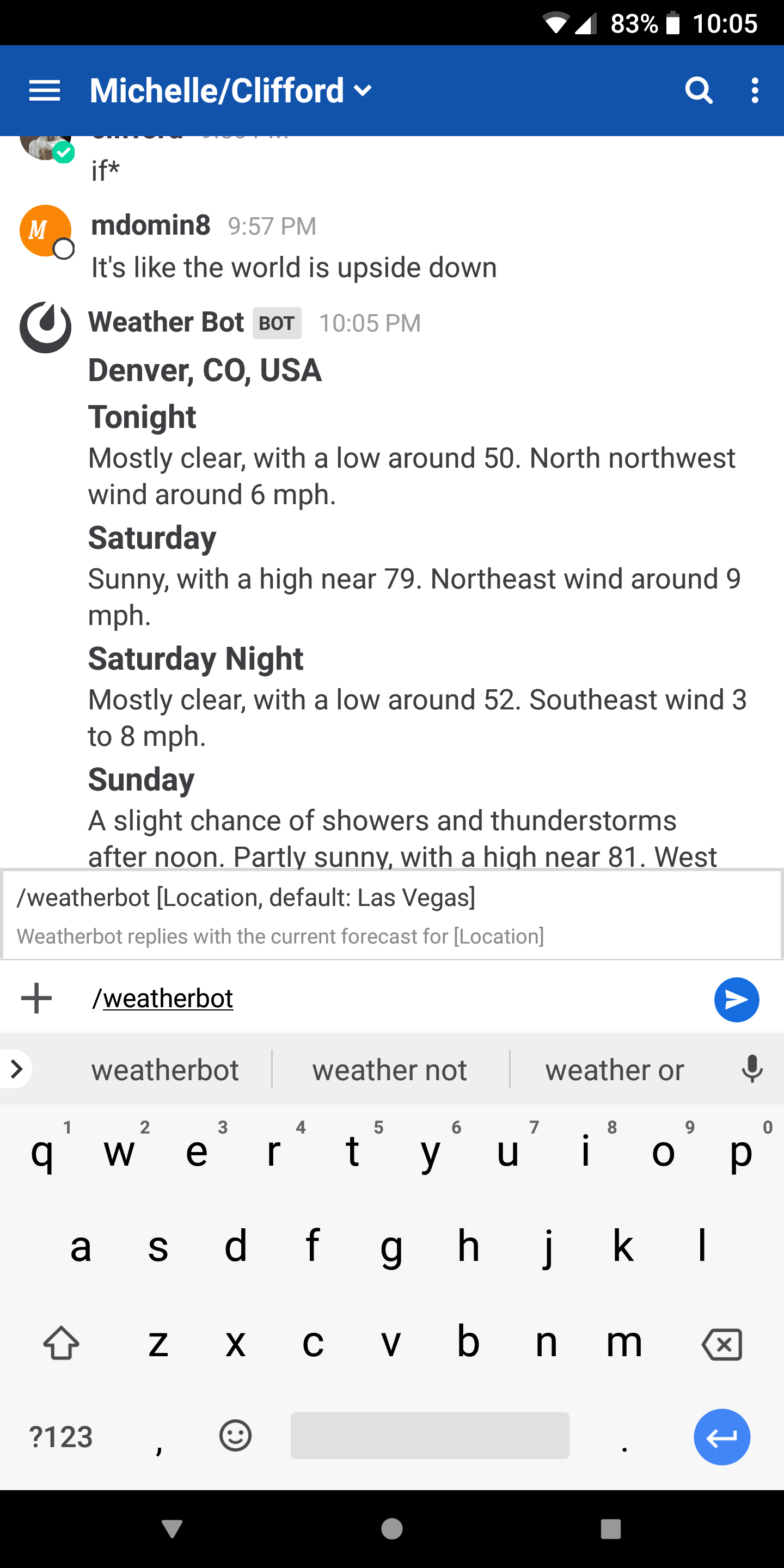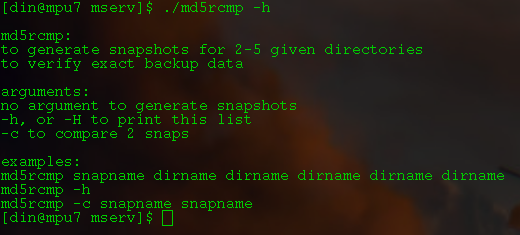
remembered to get pictures lol,
still need to figure out what am gonna do for the output exactly since isnt super clean currently, and probably dont need anything if it passes(if we give the snippets when it fails/what failed)
think the help text is good enough for now though
also
updated mserv3 and mcli5 to use sort of a copy on write thing, where it copys the pos file when it opens it to scan for play, so that later when it updates the pos file, it has a copy in place of the exact previous value, and moved all the pos, and opos(the copy), to mserv/pos, instead of mserv/db where the actual list files are, just to clean up a bit since will now be 2 files per list(assuming it has more than one segment, and has been played before) just for tracking position
otherwise still need to work on updating/new documentation still
and found some other stuff when was working on the copy on write thing, where i can put in some more checks to try and prevent errors for if, a file becomes corrupted or a crash happens during the write or something and get garbage data, (or if someone manually edited it wrong), for the control file, already beefed it up for the pos file stuff, and already had it verifying file existence and stuff for the list files, at creation and before it tries to open media player,
for the control file already added to verify that theres only digits where should be numbers(as well as checking that atoi, atoll etc, returned value correctly) just need to add in a couple extra override points, for if it fails catastrophically(like if the string supposed to be the list name contained a backslash or non filename allowable characters etc) to just input sane values to return to low power mode
although have already done testing/prevents that stuff on my end, if using mcli5 to issue the commands

